I do not know why there's asterisks in between the terms. How do I write a regular expression to get that returns only the letters and numbers without the asterisks in between ?
The regular expression I tried is: CUST_NUM_REMITT_AMT_REGEX => qr/^\w+ \w+ (.?) (.?)$/ It is in a perl statement that is:
($edi_h{$process_data}{$get_remitt_data}{cust_num},
$edi_h{$process_data}{$get_remitt_data}{remitt_amt}) =
$rec =~ /$regex_h{CUST_NUM_REMITT_AMT_REGEX}/
if ($rec =~ /$regex_h{REMITT_IND}/);
($edi_h{$process_data}{$get_remitt_data}{cust_num}) = " ";
This expression is returning blank customer number, but the amount has an asterisk in front of it.
Is the question mark returning the result?
There is this line earlier in the code
$/ = $sav_delimiter;
(@recs) = $file_data =~ /(.*?)\n/g;
